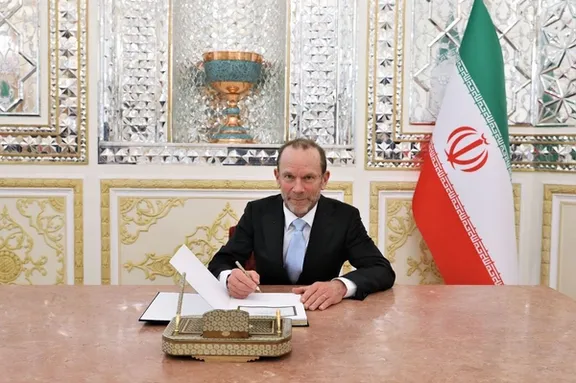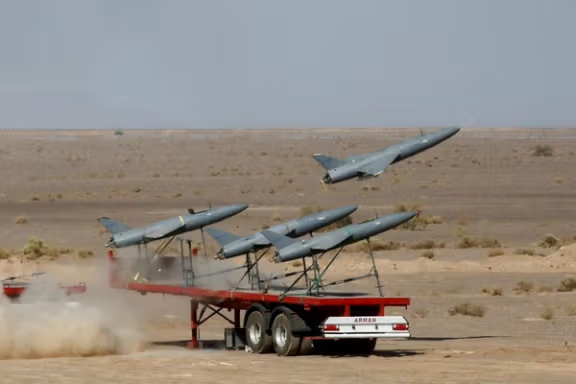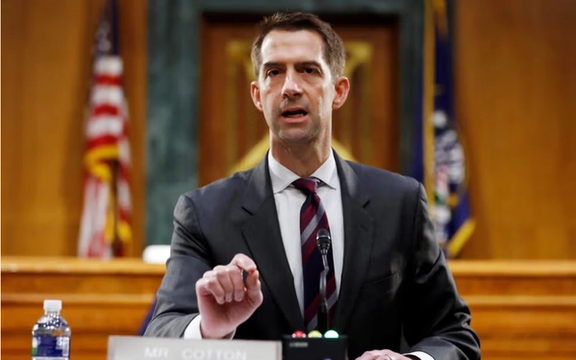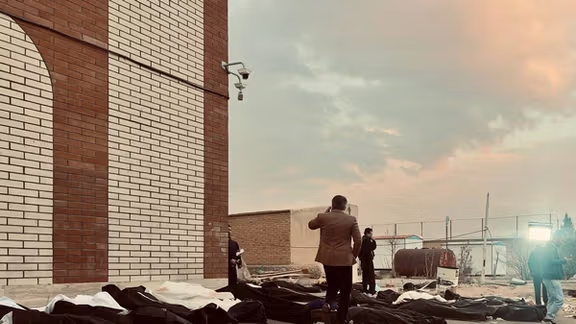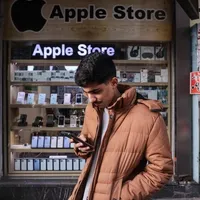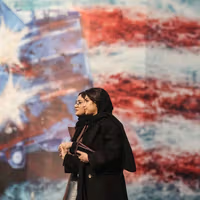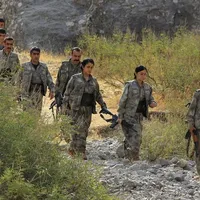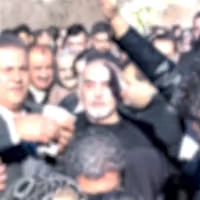The Arkansas Republican cited a joint investigation by Semafor and Iran International into the Iran Expert Initiative (IEI), an effort by Tehran's foreign ministry to cultivate ties with academics and think tank analysts to advance the Islamic Republic’s interests.
Cotton's letter focused on Ariane Tabatabai, a former aide to former US Special Envoy for Iran, Robert Malley. Her next post was as Pentagon Chief of Staff for the Assistant Secretary of Defense for Special Operations and Low-Intensity Conflict.
Cotton said in his letter that Tabatabai “is still working with the US intelligence community.”
"Tabatabai and other IEI affiliates should not have been in a position to influence US policy decisions and access our nation's most sensitive intelligence," Cotton wrote.
"While the Biden administration ignored repeated calls from Republicans to remove officials affiliated with IEI and the Iranian government, the Federal Bureau of Investigation (FBI) and the Department of Defense (DoD) should now correct this mistake."
It was not clear what spurred the senator, an outspoken Iran hawk, to issue the call.
"I urge the FBI and DoD to review this matter thoroughly for counterintelligence concerns and potential criminality, given that national security information may have been provided to a foreign government," Cotton continued.
He also called on the FBI and Pentagon to “investigate all current and former government officials affiliated with IEl and take appropriate actions to ensure such officials are no longer able to assist Tehran in damaging US national security.”
Last October, The Free Press reported that Tabatabai had taken on a new role in the defense department which gave her reduced access to intelligence, according to a former Pentagon official.
The Iranian-American academic in her new role oversaw force education and training within the defense secretary's office.
It is not clear if Tabatabai is still working in the same position under the Trump administration.
US President Donald Trump has repeatedly faulted his predecessors for perceived policy failings on Iran but has not explicitly alighted on the IEI in his criticisms.
Fellow Republican lawmakers have cast Iran as an implacable enemy after a justice department indictment sealed last year accused the country's Islamic Revolutionary Guard Corps of a plot to assassinate Trump - charges Tehran denies.

